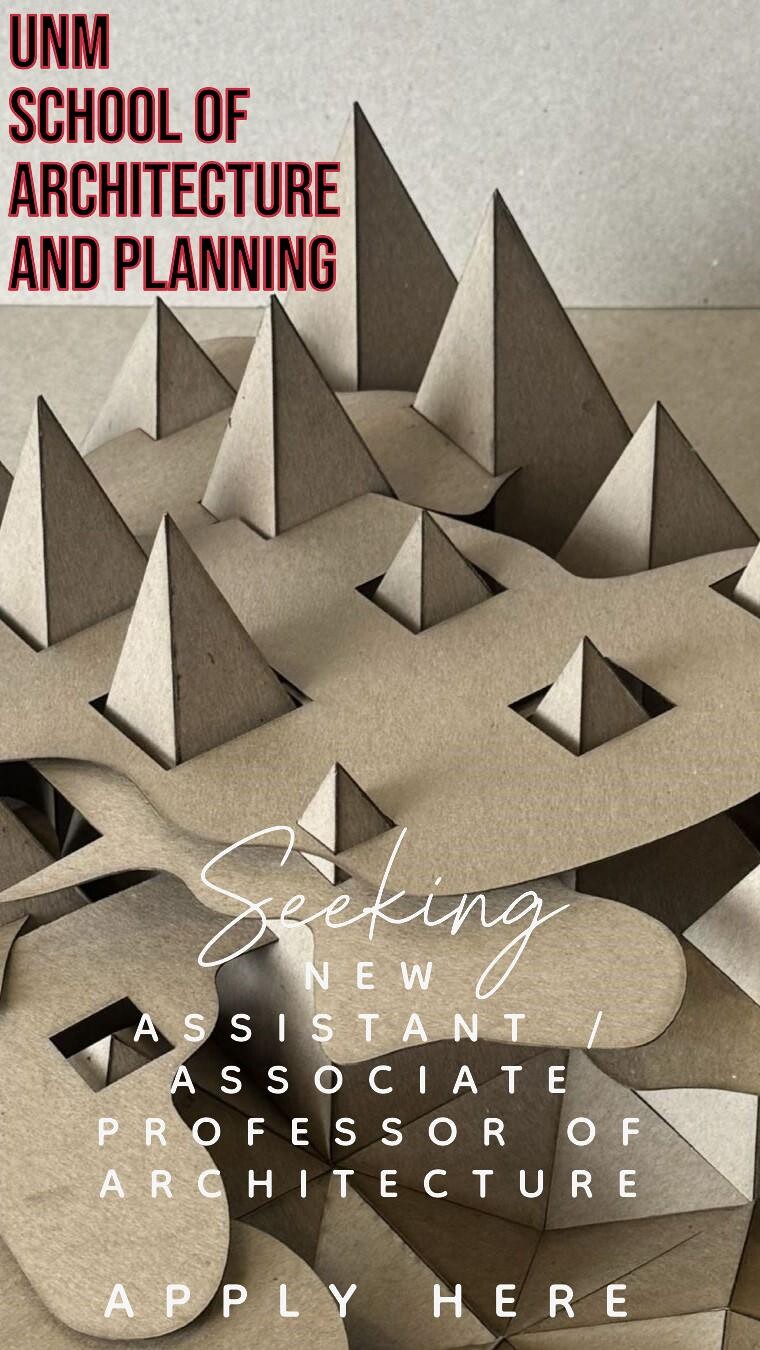Get Mousse #84 or subscribe.
Join our newsletter.
In this issue:
Opinions: On Jargon
“Critics generally fit into one of two groups: village explainers and village complainers. Both presume there’s a village to explain to or complain about. No one wants to be the last one left in the town square.” Pablo Larios’s notes on jargon prod at understandings of the term in and beyond the field.
A Hypothesis of Resistance: A Lecture on Undetectability
“Marcuse concluded that the inputs and outputs of hydraulically or coal driven factories, powered by the desires of the industrialists, repressed the worker’s childlike eros.” In the fourth chapter of a five-essay series on “performance,” Cally Spooner expounds on the interpretive and pedagogical machine that keeps bodies from their enunciation.
Survey: Mrinalini Mukherjee
Overgrowth
Less a Thing Than the Trace of a Movement
Mrinalini Mukherjee’s unruly forms and enfolded surfaces present a singular iconography, synthesizing cues from India’s artistic pasts with prescient intimations of dystopian futures. Skye Arundhati Thomas ponders the provocations in Mukherjee’s woven effigies, while Murtaza Vali, Emilia Terracciano, and Noopur Desai reflect on the fierce approach of an artist who consistently flaunted convention.
Monograph: Touch, Gaze, Motion, Memory: On Two Recent Video Works by Peng Zuqiang
Travis Jeppesen contemplates the idiosyncratic poetics of Peng Zuqiang, whose works reside in a space of withholding, where the private and political present is affectively dissected.
Monograph: Lee Lozano’s Tools and the “Self as Center”
“Lee Lozano revealed herself as both obsessively interested in us (her audience) and at the same time disgusted by us. She welcomed ‘dialogue’ and yet refused to speak.” Amelia Jones writes of a lifelong excavation of selfhood and the unknowableness the artist leaves us troubled with.
Fiction: Your Love Is Not Good
Excerpted from Johanna Hedva’s recently published novel of the same title, Your Love Is Not Good tells of a young artist’s existential reckoning, as her desires for career success entangle with a seductive manifesto.
Visual: Cars, 2022
“I knew I needed a Smart, a Porsche—I have always loved the Audi TT, very 1990s flashboy. I longed to draw the Ford Mondeo, but it was too big!” A visual essay by Angharad Williams, accompanied by the artist’s interview with Maurizio Cattelan.
Book reviews by Gabrielle Goliath.
Tidbits
Shaun Motsi by Olamiju Fajemisin; Rahima Gambo by Sindi-Leigh McBride; Onyeka Igwe by KJ Abudu; Sydney Schrader by Gloria Hasnay; Graham Little by Max L. Feldman; Ştefan Bertalan by Krzysztof Kościuczuk.
Thinkers: Sara Ahmed
For the opening column dedicated to influential thinkers, Ana Teixeira Pinto pores over Sara Ahmed’s published thought, including her theorizing on the psycho-politics of complaint, the feminist as killjoy, and the happiness complex. “As Ahmed would put it, because you cannot sit down without adjusting to injustice—prolonged standing will eventually wear you down.”
Criticism: Criticism’s Ends—I’m with Fantasy
By interrogating criticism’s social function of distinguishing reality from fantasy, Kerstin Stakemeier pens the inaugural essay for Mousse’s new art criticism column, for which she is also editor of the first cycle. The essays included in “Criticism’s Ends” aim to disentangle and reassociate the infrastructural, economic, and personal prerequisites of art’s judgment today.
Reprint: Reincarnation and Biology: A Contribution to the Etiology of Birthmarks and Birth Defects
The new reprint column includes texts from divergent fields that have influenced the guest editor’s thinking. Lawrence Abu Hamdan selects an excerpt from psychiatrist Ian Stevenson’s 1997 study, which forges an unusual meeting of the scientific, theological, and historiographical realms.
Curators: A Stuttering Institution
“My work is caught between the ‘coded and contained’ professionalism within colonial time and the search to produce openings.” Kabelo Malatsie’s reflections on practice inaugurate the curators column.

